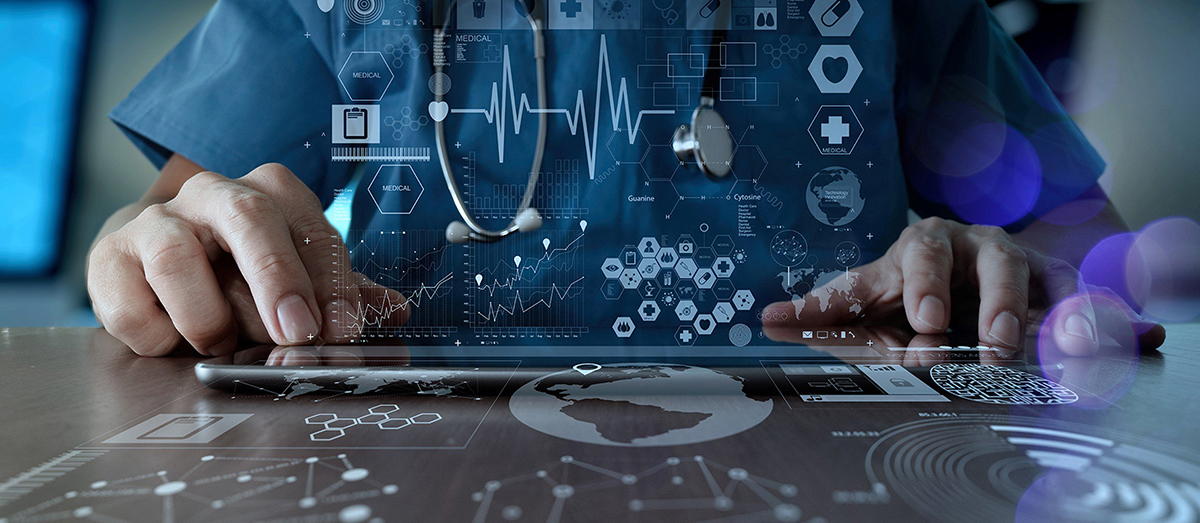Introduction: Medical devices play a pivotal role in modern healthcare, contributing significantly to the quality of patient care and clinical outcomes. Staying updated on the latest advancements in medical devices is not just a matter of curiosity; it's essential for healthcare professionals and patients alike. In this comprehensive article, we will explore the historical background of medical devices, examine recent technological innovations, discuss their impact on healthcare, and ponder the exciting future of these devices.
Part 1: Historical Overview of Medical Devices Medical devices have a rich history.
Dating back centuries. From simple tools to complex machinery, these devices have evolved to meet the ever-changing demands of healthcare. Innovations in medical devices have driven progress in medical practice, from the invention of the stethoscope in the early 19th century to the development of the first artificial pacemaker in the 1950s.Part 2: Modern Technological Innovations in Medical Devices Today, we witness a renaissance in medical device technology, with advancements in various areas:
- Sensors and Wearable Devices: Wearable devices equipped with sensors have become instrumental in monitoring patients' health. These devices can track vital signs, activity levels, and even detect early warning signs of health issues.
- Artificial Intelligence (AI) and Machine Learning: AI and machine learning are revolutionizing medical devices, enabling faster and more accurate diagnoses. Medical imaging, such as X-rays, MRIs, and CT scans, benefits from AI-based interpretation, saving time and improving accuracy.
- Advanced Diagnostic Techniques: Medical devices now offer more sophisticated diagnostic tools, such as 3D-printed prosthetics, cutting-edge lab equipment, and point-of-care testing devices, reducing the time between testing and results.
- Cybersecurity in Medical Devices: With the increasing integration of medical devices with the internet and hospital networks, ensuring cybersecurity is paramount. The latest developments in securing these devices from cyber threats are crucial to protecting patient data and health.
Part 3: Impact on Healthcare and Patients The advancements in medical devices have brought significant benefits to healthcare:
- Enhanced Diagnostics and Treatment: The increased accuracy and efficiency of medical devices lead to better diagnosis and treatment. This translates to improved patient outcomes and reduced healthcare costs.
- Economic Implications: Incorporating cutting-edge medical devices can impact healthcare budgets. However, the cost savings achieved through quicker, more precise diagnostics and treatments often offset the initial investment.
- Patient-Centered Care: Patients now have more control over their health, thanks to devices like glucose monitors, wearable fitness trackers, and smart inhalers. These devices empower patients to actively manage their well-being.
Part 4: The Future of Medical Devices As we look to the future, medical devices are poised to undergo a transformation:
- Integration of AI and Nanotechnology: AI-driven devices will become even smarter, providing real-time feedback and recommendations. Nanotechnology will enable miniaturized devices that can work at the cellular level for precise treatments.
- Biotechnology Advancements: Biotechnological innovations, such as gene editing tools, will be integrated into medical devices, offering personalized therapies and diagnostics.
- Challenges and Overcoming Them: The future isn't without its challenges. Regulatory hurdles, data privacy concerns, and access to advanced devices will require careful navigation. However, the potential benefits far outweigh the challenges.
